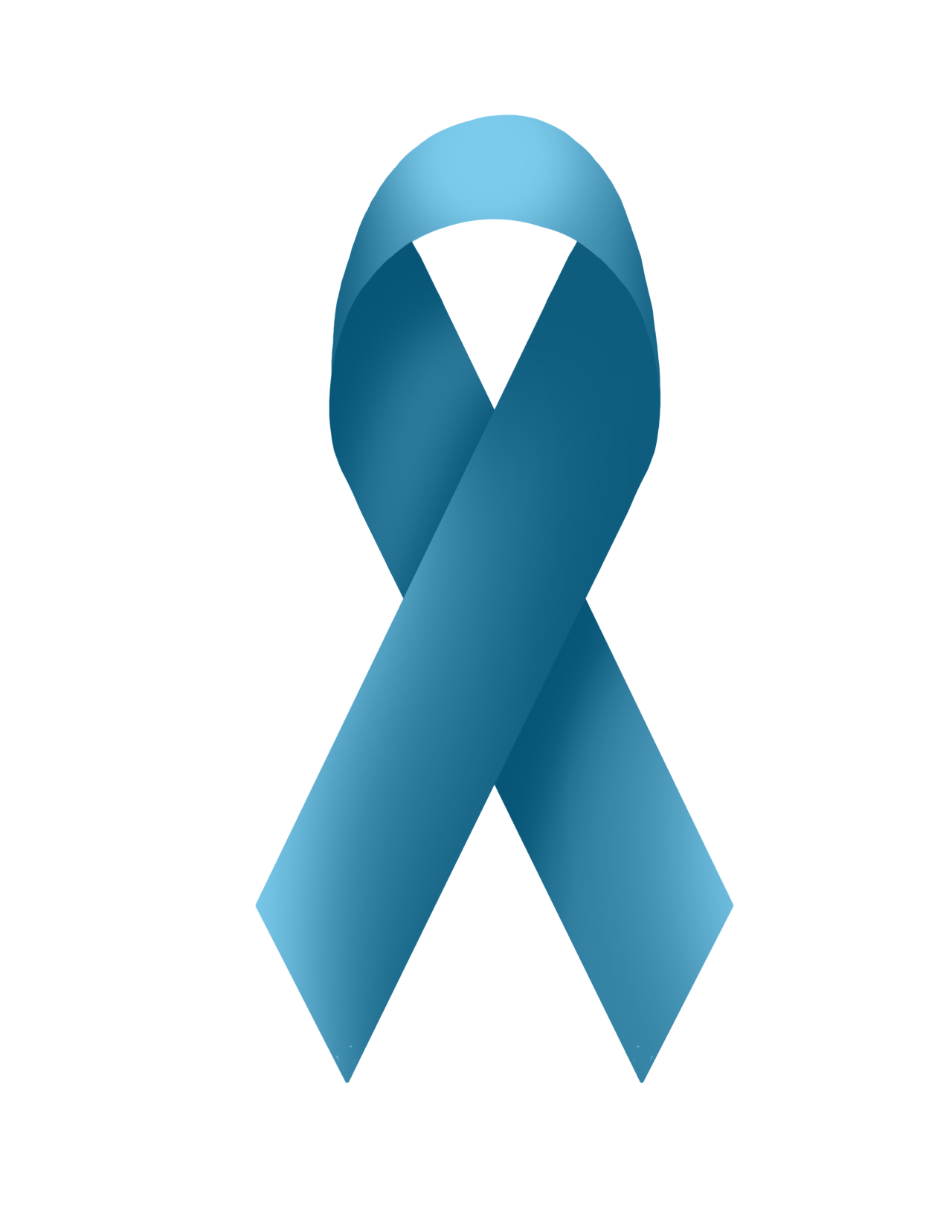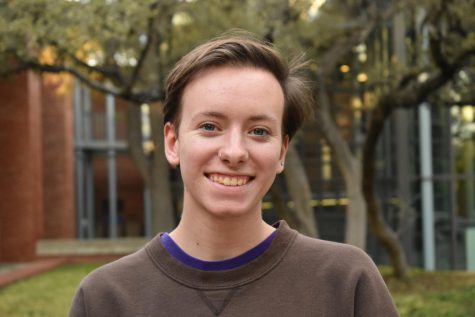Illustration by Andrea Nebhut
Last spring, about 300 shirts hung on clotheslines across the Coates Esplanade. Each had a story of sexual assault written on it. This Clothesline Project was the work of the Coalition for Sexual Justice, a student-driven organization that advocates for sexual assault awareness on behalf of students.
Senior Daniel Matthewson is one of two students on the leadership board of the Coalition this semester. He said after rebranding from the Coalition for Respect to the Coalition for Sexual Justice and then putting on the Clotheslines Project, the organization wanted to continue bringing light to sexual harrassment, sexual assault and rape culture on campus.
“We’re kind of the bridge between the administration and the student body when it comes to matters of essentially any sexual justice topic,” Matthewson said. “Administration can only do so much. You can take surveys of the student body, [but] that doesn’t necessarily mean you’re getting an accurate assessment of the student body. It’s easy to get sucked into the mindset that, ‘This isn’t happening on my campus,’ or ‘This isn’t happening here.’ ”
Katherine Hewitt, wellness coordinator, is an informal faculty adviser to the Coalition. She helps the Coalition keep the conversation going throughout the year by being a staff advocate and providing logistical planning support.
“[Sexual assault] is something that, if it’s not in the news or not a hot topic on campus, it’s easily forgotten about, and the Coalition is aiming to make sure that that doesn’t happen,” Hewitt said. “It’s not like every assault will wait until Sexual Assault Prevention Month.”
Matthewson said it’s important to have students leading the conversation about sexual justice because when it’s led by the administration, students might not feel comfortable participating or speaking up about their own experiences. According to Matthewson, more students are comfortable banding together to talk about rape culture since the topic has come to the forefront of campuses.
“I think it’s just become an easier-to-voice topic,” Matthewson said. “The Coalition for Sexual Justice growing is just a natural progression of people wanting to tackle difficult issues like this.”
Hewitt agrees that a student perspective is imperative. She takes cues from students on when and how to approach sexual assault to make it the most beneficial for them.
“They really have the finger on the pulse,” Hewitt said. “We need to be thinking about it at times when it’s not really an issue. The preventative angle of it helps us be aware of how we can help our social networks be safe.”
Currently, the Coalition is looking for three new student leaders. Matthewson said they have the intention of hosting speakers and holding biweekly meetings, but that these only work if students get involved.
Sarah Erickson, co-director of the women’s and gender studies program, is also a point of contact for the Coalition. She said that even if students don’t get involved directly, everyone on campus benefits from the organization’s presence.
“The most powerful thing you can do to change a culture where sexual assault is happening and isn’t necessarily being addressed is talking about it and bringing it out into the open,” Erickson said. “I think the Coalition does that, so even if you’re not participating, if these conversations are happening around you, you can’t help but take notice.”
According to Erickson, every campus should have something like the Coalition where students can follow the lead of national movements like the #MeToo movement and feel comfortable addressing the tough topic of sexual assault.
“It definitely makes people uncomfortable to talk about this,” Erickson said. “It’s something everyone should be invested in because we’re all invested in having a community here at Trinity that is welcoming and loving and supportive.”
Matthewson urges students to email him at [email protected] if they want to be involved in the Coalition or are interested in one of the three leadership roles available. Hewitt said they also take suggestions from students through the email [email protected].
“Ultimately, our goal is to make a safer campus,” Matthewson said.“Ultimately, our goal is to make a safer campus,” Matthewson said.














